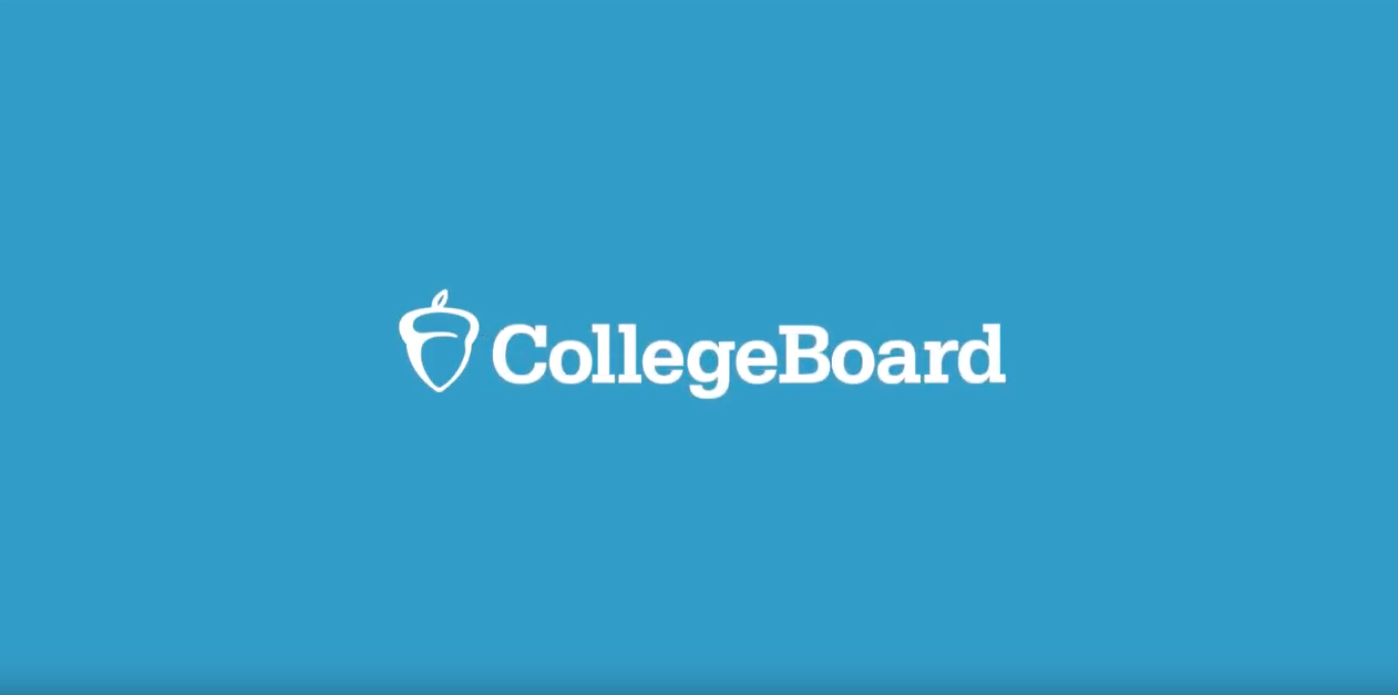Counseling
The College Guidance Counseling that is Changing the Lives of Many Refugees
Over 20 organizations and programs have put their efforts together to create the Connected Learning in Crisis Consortium (CLCC), whose goal is to expand higher education opportunities for refugees.
Higher education opportunities are often limited or non-existent for refugees around the world. The lives of future generations are lost in the process of fighting to survive in the host countries. Taking this matter into their hands, over 20 organizations and programs have put their efforts together to create the Connected Learning in Crisis Consortium (CLCC), whose goal is to expand higher education opportunities for refugees. We (Ella and Sadiki) recently joined the field as Refugee College Guidance Counselors through a generous grant from the College Board in the United States. We are excited to join the team and serve the refugee community. We know how hard it is to pursue tertiary education when you have refugee status. In Africa, it looks like an impossible journey. However, we believe that it is possible and transformational. Currently, our focus is working with the CLCC to change refugees’ perceptions of their refugeehood and deficit mentality about the abilities of refugees.
We are proud to be Refugee College Guidance Counselors (RCGC). From the interaction we had with experienced international College Counselors during College Board’s Summer Institute for International Counselors at NYU in New York City, we learned from their teamwork and best practices, and we are using this by creating harmony and collaboration between refugee college guidance counselors from different sites. Our pride lies in increasing the number of young refugees accessing higher education programs, inspiring the students who are already in programs, seeing refugees graduating and finding jobs to change their lives.
We advise high school graduates through tertiary education preparation programs and refugees who are already in higher education programs. Our workday starts by hearing from students, advising them about coping with challenges similar to what we faced and ends by framing the techniques to help higher education for refugees on a larger scale.
During the training at the College Board, we were trained on how we can create our own resources. This helped us come up with our international resource matching with the refugee context. In our vision, we want to serve as many refugees as possible. In order to do this, we are creating a refugee college guidance counseling internship model, which will allow us to expand our impact across sites in Africa and the Middle East. Kakuma Refugee Camp will be our pilot for implementation of the intern model. We first visited Kakuma in December 2018 and found it to be a cosmopolitan refugee camp hosting refugees from a wide range of African countries. During our visit to Kakuma, we met Mayen, a South Sudanese student from JWL/Southern New Hampshire University (SNHU), and our first intern. He worked with us in learning about the broader context of Kakuma camp and how we can best support refugee students in Kakuma. We believe that the internship model will help us to expand our impact and to involve refugee students as stakeholders in the education of their communities.
We also directly serve refugee students who are trying to access, or already attending, tertiary education programs in Rwanda. Romain is a Kepler Kigali student who was recently selected for the MIT React fellowship. Romain says, “I was not motivated to apply for the MIT React fellowship opportunity because I was lagging behind. When I went to meet the RCGC for the one on one advising, he advised me to elaborate a feasible work plan which shows that I will meet the expectations and be able to work on the fellowship. I have respected that work plan and applied for the fellowship, which I successfully earned. If you approach the RCGC and you share with him your worries as a student, he helps you to figure out what to do next.” As always, in our work with individual students, we are looking for strategies and techniques which will be scalable to the larger refugee population.
In our work, we also help high school graduates who want to make their dreams a reality through preparatory programs. Ozzy is a Burundian refugee and a graduate from ITEME (Bridge) program, which was launched by Kepler to help secondary school graduates to get into tertiary education programs. He has managed to secure a job after completing the Iteme Program. Now, he is working at JAVA House and studying at the University of Kigali. Ozzy says, “After finishing Iteme Program, I have secured a job which is helping me to pay my school fees. The program has changed my perception of refugeehood. Now, I know that I can become a person that I dreamed to be despite my refugee status.”
From our experience, young refugees are changing their perceptions of refugeehood due to the fact that they study, graduate and secure jobs as nationals. Even though there are some success stories, we still have a lot to accomplish. There is a huge number of young refugees who need higher education opportunities. Our efforts to create an internship model which will scale our work as guidance counselors is one promising effort towards accomplishing our larger goal of increasing refugee participation in tertiary education. Our daily efforts working with refugees keeps us grounded and focused on finding strategies and techniques which are scaleable to a much wider refugee population. Putting our thoughts and efforts together, we can all make higher education for refugees possible and successful.
